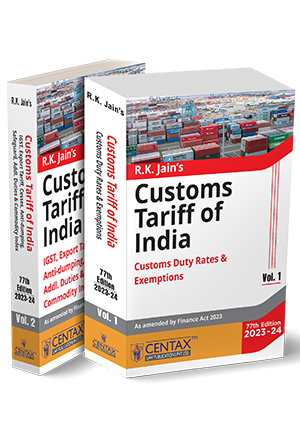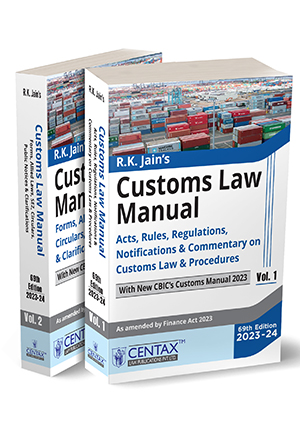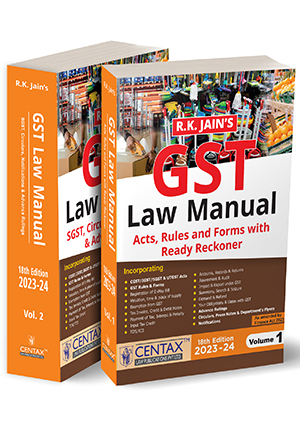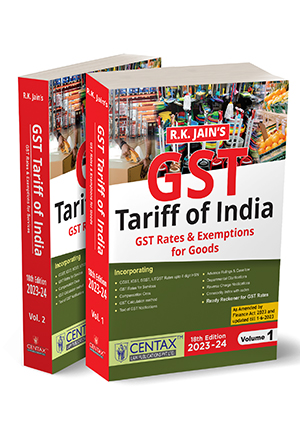CA Articleship vs. Industrial Training | Making the Right Choice
- CA|Exam|
- 4 Min Read
- By Taxmann
- |
- Last Updated on 18 May, 2024
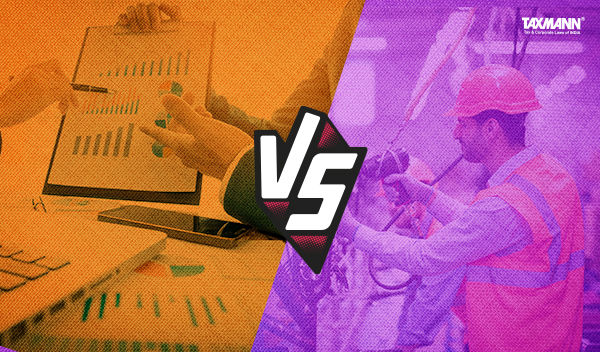
CA Articleship and Industrial Training provides unique benefits and learning experiences. CA Articleship is ideal for those aiming for a career as a chartered accountant or starting their practice, providing a broad understanding of auditing and compliance. Industrial Training, on the other hand, suits those interested in corporate finance roles, offering specialized experience and insights into strategic financial management. The choice between the two depends on individual career goals and interests.
The course of Chartered Accountancy is considered as one of the most sought-after professions in India. In India, Institute of Chartered Accountants of India (ICAI) is the body for regulating the profession of Chartered Accountancy. The ICAI is the largest professional body of Chartered Accountants in the world, with a strong tradition of service to the Indian economy in public interest.
The three-level program offered by ICAI for becoming Chartered Accountant, comprises Foundation (Earlier CPT), Intermediate, and CA Final. Apart from clearing these three levels, every CA student is required to undergo the Articleship, which involves practical training. The duration of Articleship/Practical Training is two years. It is mandatory for candidates to serve the first year under a practicing CA. The period of industrial training may range between nine months and twelve months during the last year of the period of practical training. For that, candidates may either choose to continue under a practicing CA or opt for industrial training under a CA in employment.
ICAI has introduced the concept of Industrial Training with the sole aim of equipping the candidates with required practical exposure and skillset of developing a problem solving attitude and to understand the functioning of various departments in different industries.
The concept of Industrial Training in CA curriculum was introduced via Regulation 51 of Chartered Accountant Regulations, 1988. As per Regulation 51, an articled assistant who has passed both groups of Intermediate examination and has completed a minimum of twelve months of Practical Training shall be eligible for Industrial Training. The period of industrial training may be between nine months to twelve months. Basis the said regulation, it becomes clear that only those students who have cleared both groups of CA Intermediate and have completed 1 year of Articleship under any eligible practicing CA firm are eligible to get registered for Industrial Training.
A student can undergo Industrial Training only under those companies which are registered with ICAI and are notified by ICAI for imparting practical training. The said list gets frequently updated by ICAI and can be visited by visiting Institute website (https://www.icai.org).
There is always a point of comparison between the exposure gained from Articleship in CA firm and via Industrial Training in corporates/organisations; in the said regard the following points are to be noted:
- Industrial training is optional whereas Articleship is mandatory. However, if a student opts for industrial training, the same shall not be for less than a period of 9 months.
- As of date, there are more than 42,000+ CA firms registered with ICAI ranging from sole proprietorships to big firms. However in comparison, the number of companies providing the exposure of Industrial Training is very less.
- Majorly the exposure of Industrial Training is concentrated in metro cities and few major Tier II cities only. However, the same is not the case with Articleship because of large base of practicing CA firms in India and widespread network in almost every city of India.
- The amount of stipend registers a huge variation between Articleship from CA firms and Industrial training from corporates/ organisations. Barring Big 4 and few major CA firms, majorly most of the CA firms provide stipend based on the minimum stipend norms laid down by ICAI ranging between Rs. 3,000 per month to Rs. 5,000 per month depending upon the population of the city. While the minimum monthly stipend payable to industrial trainees is Rs. 15,000 per month.
- Experience in CA firm is majorly focused towards preparation of Income-tax returns, GST returns, Audit and assurance, TDS returns and project finance whereas in Industrial Training, a student is exposed to various finance and business functions like product pricing, budgeting and quarterly closing of accounts and also he/she gets accustomed to corporate culture.
Industrial Training is one of the best tools to get accustomed to corporate culture and is helpful for those students who have an aspiration to pursue a job after clearing CA exams. Further the possibility of conversion from a trainee to an employee in the same organization is also quite huge, as many private organizations also offer jobs directly to the candidates who are undergoing Industrial Training with them. It creates a win-win situation for both, the trainee as well as for corporates, as corporates can save on training and recruitment expenses, and the trainee can get a job without much efforts.
With the introduction of the new scheme of education and training, industrial training becomes a more lucrative option as students can get ample amount of time to prepare for their final exams. Since industrial training can be started after completion of the first year of articleship for a period of 9 to 12 months, students are left with almost 6-8 months (depending upon their start of articleship and industrial training) for their CA final exam preparations.
However it may be noted that during industrial training, students have to devote the majority of their time to office work and get less time to explore other areas and their CA Final studies, making industrial training less appealing to many students; but for students who hold an aspiration to pursue career in the corporate world, the same serves as a good way to hit the road.
Disclaimer: The content/information published on the website is only for general information of the user and shall not be construed as legal advice. While the Taxmann has exercised reasonable efforts to ensure the veracity of information/content published, Taxmann shall be under no liability in any manner whatsoever for incorrect information, if any.

Taxmann Publications has a dedicated in-house Research & Editorial Team. This team consists of a team of Chartered Accountants, Company Secretaries, and Lawyers. This team works under the guidance and supervision of editor-in-chief Mr Rakesh Bhargava.
The Research and Editorial Team is responsible for developing reliable and accurate content for the readers. The team follows the six-sigma approach to achieve the benchmark of zero error in its publications and research platforms. The team ensures that the following publication guidelines are thoroughly followed while developing the content:
- The statutory material is obtained only from the authorized and reliable sources
- All the latest developments in the judicial and legislative fields are covered
- Prepare the analytical write-ups on current, controversial, and important issues to help the readers to understand the concept and its implications
- Every content published by Taxmann is complete, accurate and lucid
- All evidence-based statements are supported with proper reference to Section, Circular No., Notification No. or citations
- The golden rules of grammar, style and consistency are thoroughly followed
- Font and size that’s easy to read and remain consistent across all imprint and digital publications are applied



